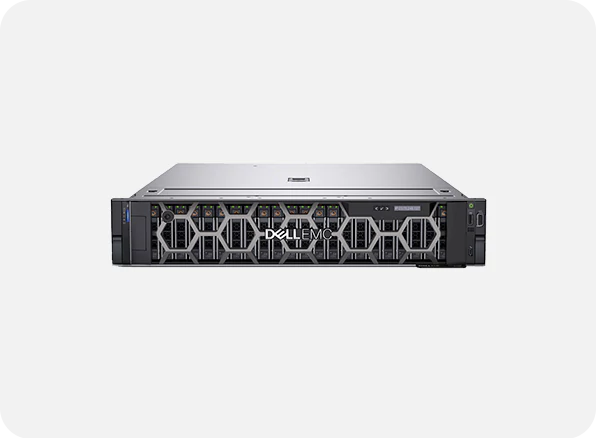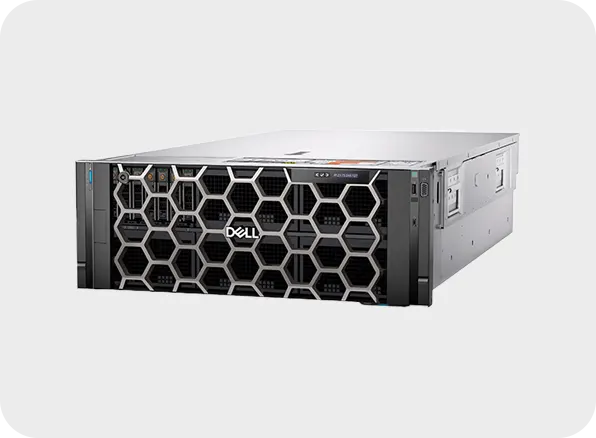Quick Comparison of Dell PowerEdge R750 Rack Server vs Dell PowerEdge R960 Rack Server at a Glance
The server comparison table provides a quick overview of the key specifications and key features for Dell PowerEdge R750 Rack Server and Dell PowerEdge R960 Rack Server Let’s take a look at the comparison table below.
| Features | ||
|---|---|---|
| Server Type / Form Factor |
|
|
| Processor (CPU) |
|
|
| Memory (RAM) |
|
|
| Storage |
|
|
| Expansion / Connectivity |
|
|
| Redundancy & Reliability |
|
|
| Operating System Support |
|
|
| Security Features |
|
|
| Management & Monitoring |
|
|
| Warranty & Support |
|
|

